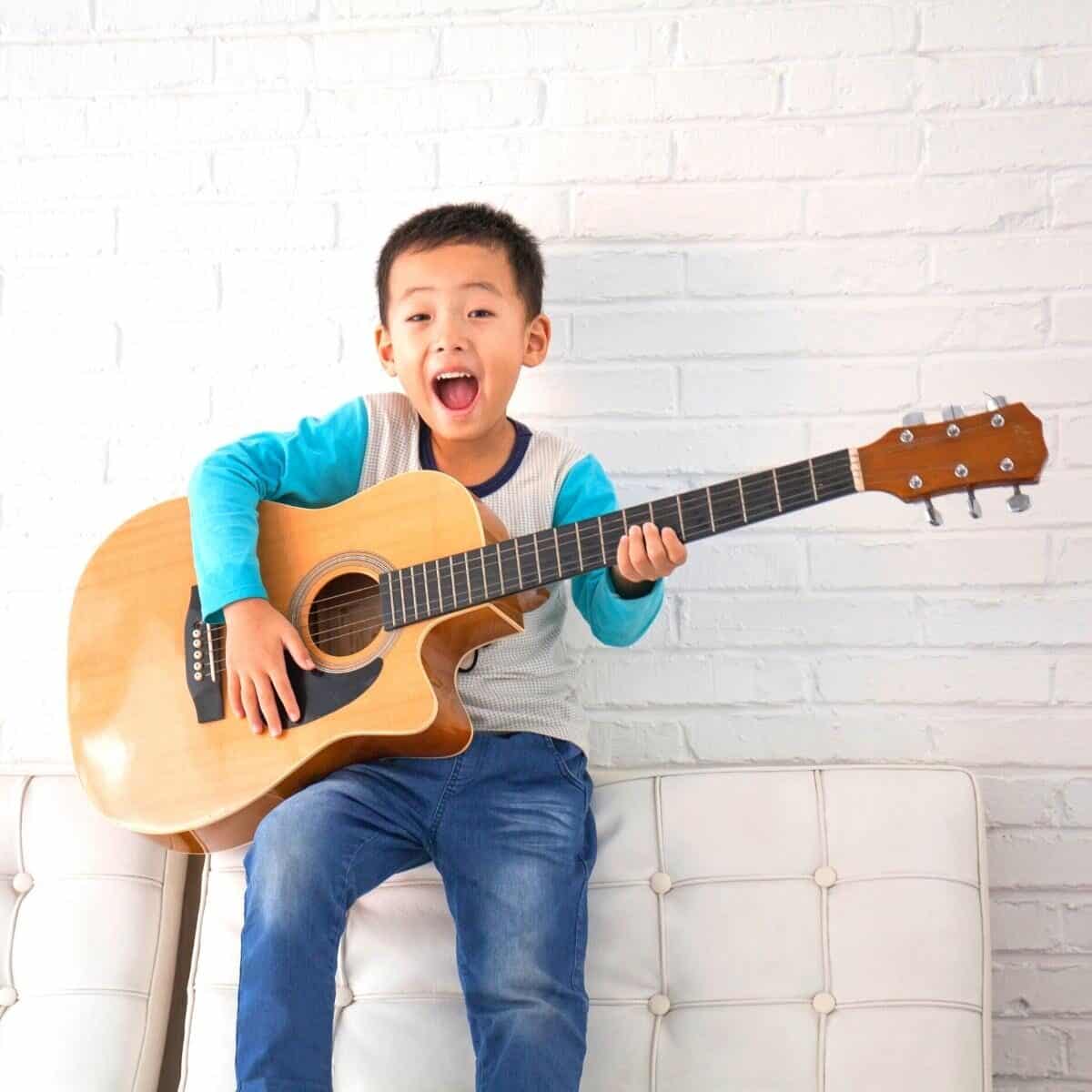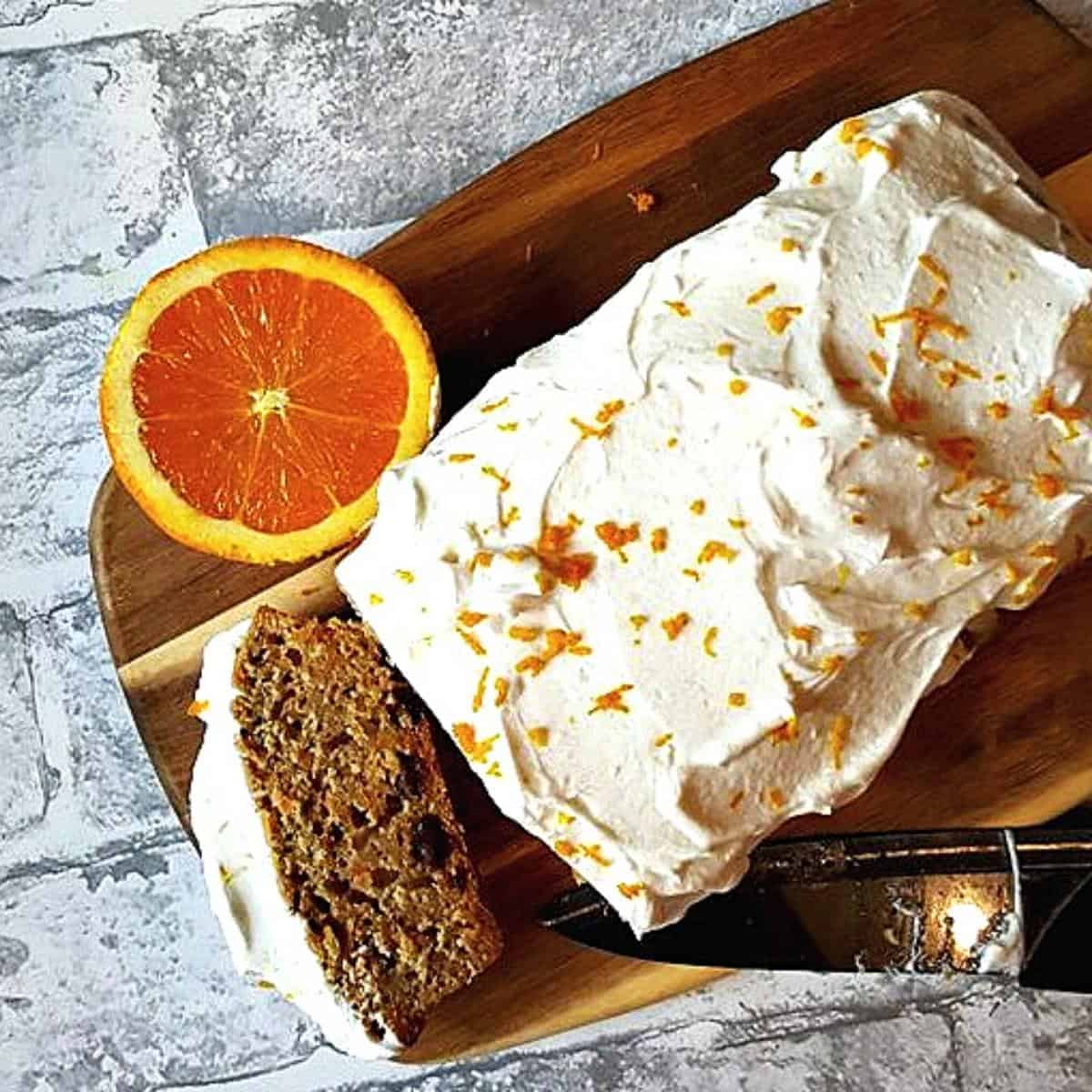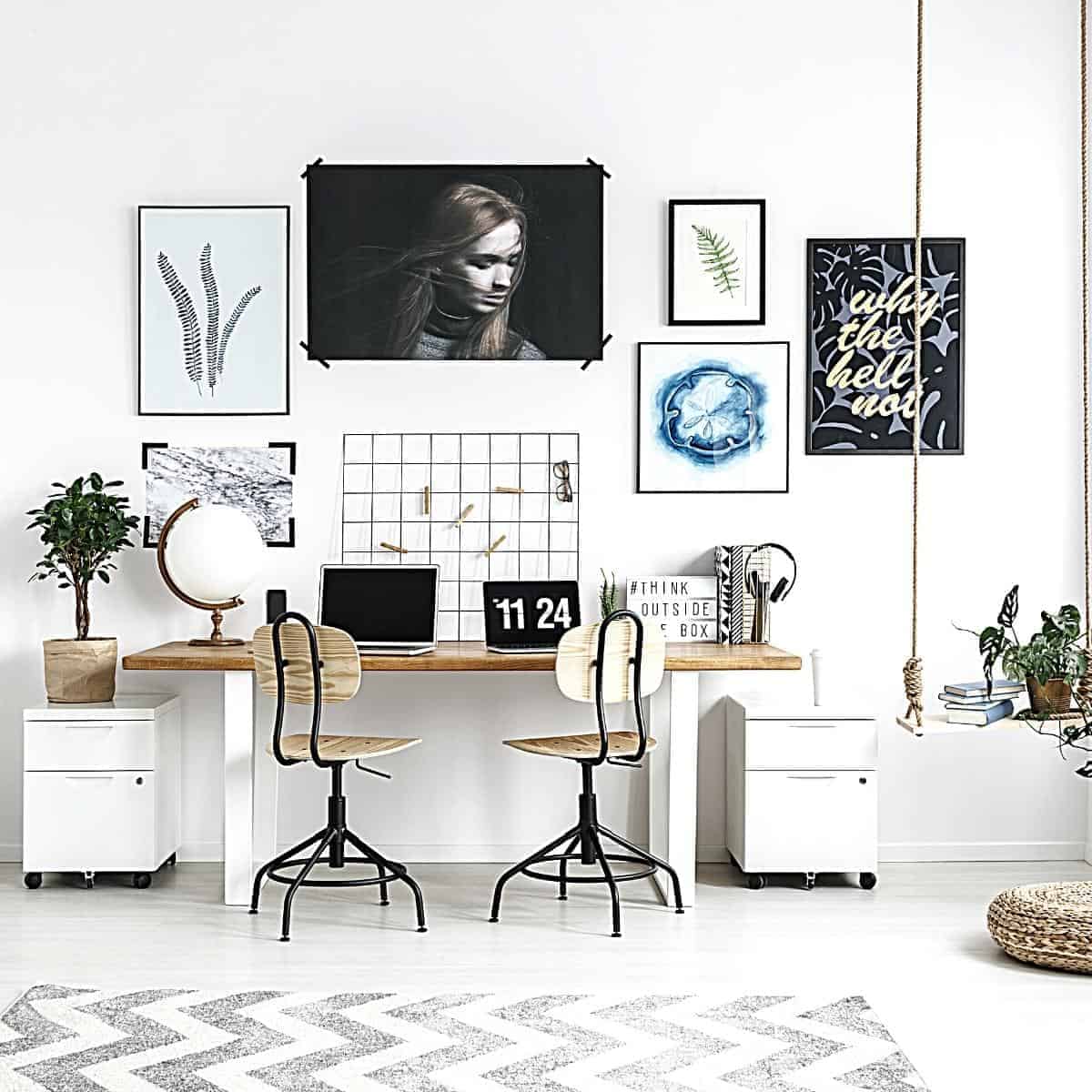A Parent’s Checklist for Choosing a Private School
Choosing a private school for your child is one of the most important decisions you’ll make as a parent. Beyond academic performance, the right school will shape your child’s social, emotional and personal development. With so many options available, it can be hard to know where to start. Use this checklist to help guide your decision-making process and ensure you’re choosing the right private school that aligns with your family’s values and your child’s individual needs.

5 Things to Consider when Choosing a Private School
1. Academic Approach and Curriculum
This private school in London suggests that not all private schools follow the same curriculum. Some may offer traditional academic structures while others take a more progressive or alternative approach. Consider the following when choosing a private school:
- Does the school follow the national curriculum, the International Baccalaureate, or a unique programme?
- What subjects and qualifications are offered, especially at secondary and sixth form level?
- How are students supported to achieve their full academic potential?
Also, ask about how the school caters to different learning styles or any additional support needs your child may have.
2. Pastoral Care and Wellbeing
Strong pastoral care is crucial for a child’s well-being and confidence. A supportive environment allows pupils to thrive both inside and outside the classroom.
- What systems are in place for supporting pupils’ mental health and wellbeing?
- Is there a clear structure of form tutors, heads of year, or designated safeguarding leads?
- How does the school handle bullying or social issues?
Ask to see the school’s policies and talk to other parents if possible.
3. Class Sizes and Teaching Quality
One of the key benefits of private education is smaller class sizes. This often means more personalised attention and stronger relationships between teachers and pupils.
- What is the average class size across year groups?
- What are the qualifications and experience levels of teaching staff?
- How is progress tracked and communicated with parents?
Smaller class sizes don’t automatically mean better teaching – so ask about outcomes and teacher retention too.
4. Facilities and Co-Curricular Opportunities
Private schools vary widely in the quality of their facilities and the range of activities on offer. Always check what is available when choosing a private school.
- What sporting, musical, artistic or outdoor facilities are available?
- Are co-curricular activities built into the school day, or only offered after hours?
- Are there trips, enrichment opportunities, or leadership programmes?
A well-rounded education is about more than grades – consider how the school fosters talents, interests, and confidence.
5. Fees, Bursaries, and Value for Money
Private education is a significant financial commitment, so it’s important to understand the full picture.
- What do the fees include – are lunches, trips, or uniforms extra?
- Are there sibling discounts, scholarships, or bursaries available?
- Is the cost reflective of the quality of education and opportunities offered?
Ask for a breakdown of the fees and don’t be afraid to raise financial questions – schools expect it.
Choosing a private school isn’t just about league tables or facilities – it’s about finding the right environment for your child to feel happy, challenged, and supported. Visiting the school, talking to current families, and asking plenty of questions will help you make a confident and informed choice.
Has this helped you with the things you need to ask about and compare before choosing a private school? Let me know in the comments below.






